As with every country in the world, there are a whole range of taxes in the Dominican Republic.
The DR takes a jurisdictional approach to taxation, meaning it taxes residents only on income earned within the country… except for foreign residents, who are technically liable for tax on their foreign-sourced income from their third taxable year as a resident.
You’re considered a resident for tax purposes if you spend 183 days or more in the country in any given year.
However, obtain citizenship, and you’re no longer a foreign resident for tax purposes… you’re a citizen.
Start Your New Life Today, Overseas


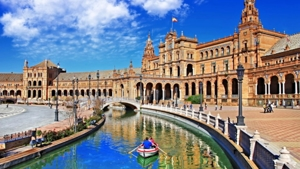

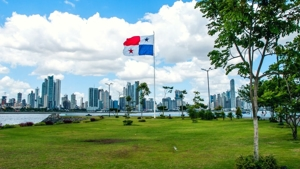
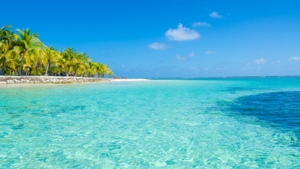

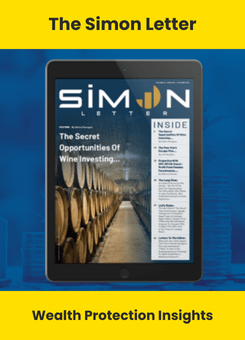


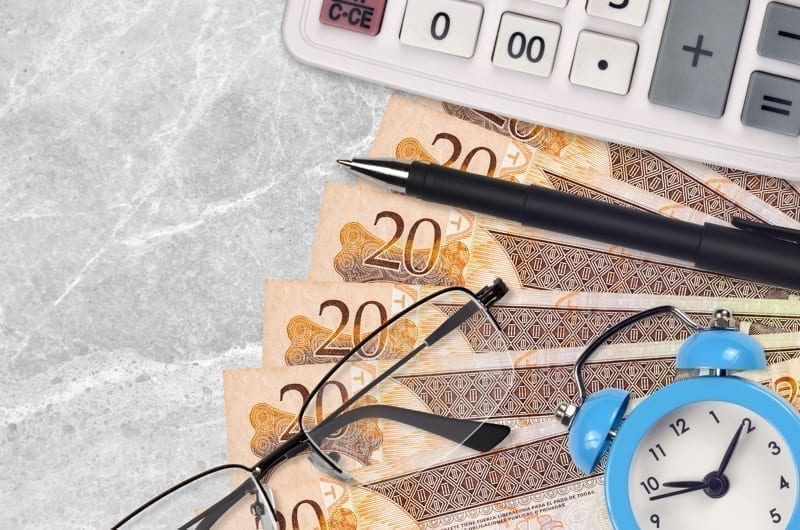


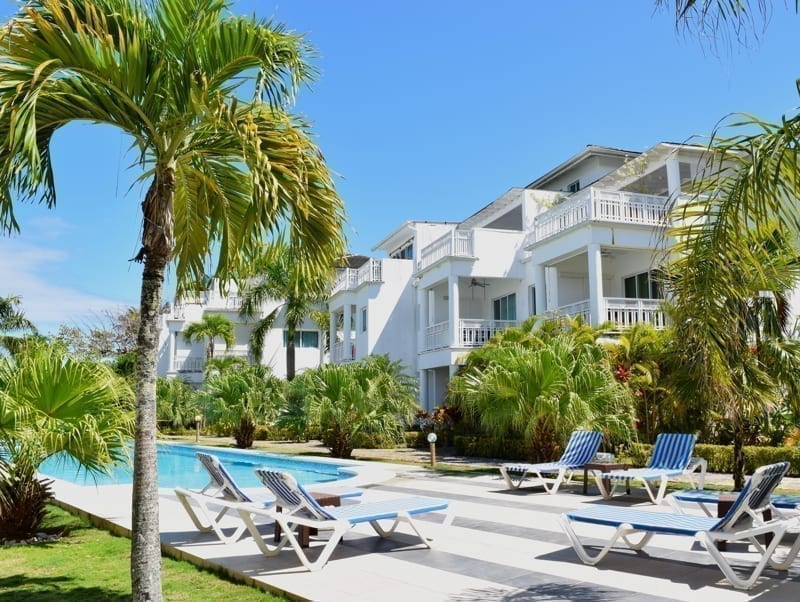
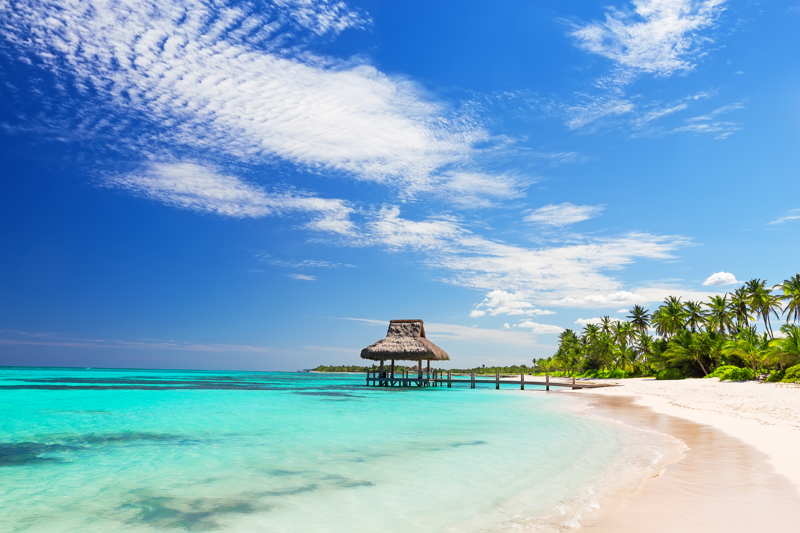 . '
. '  . '
. '  . '
. ' 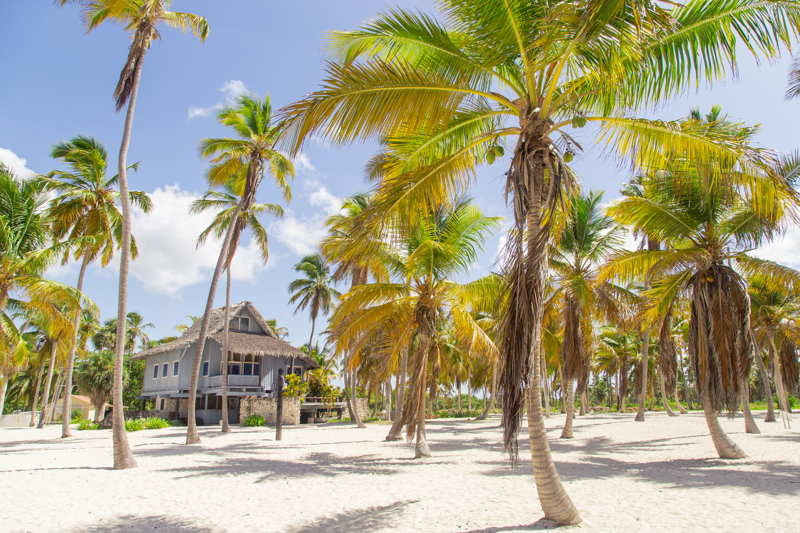 . '
. ' 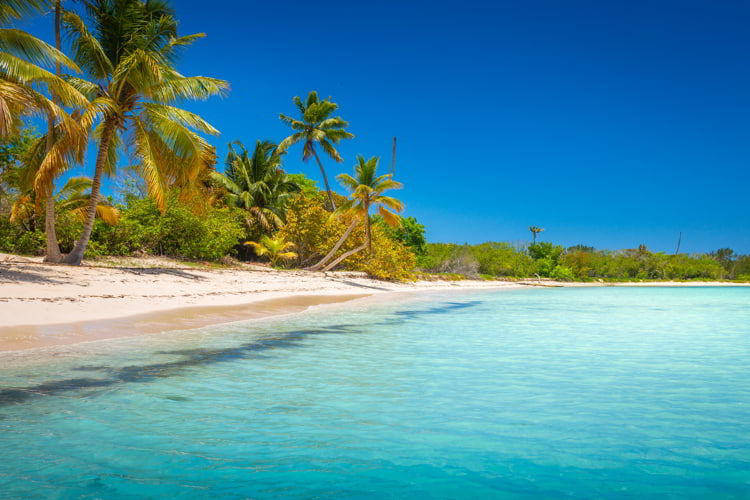 . '
. ' 



